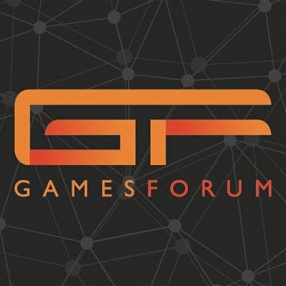As well as heavyweights like Microsoft, Epic and Valve, Seattle is home to a thriving indie development scene. That’s why we hosted our own Pocket Gamer Connects conference there earlier this year. We’re not the only event in town, though, with PAX West and Gamesforumtaking place in the city. The latter ran at the end of October and we were there.
Gamesforum is the modern incarnation of Mobile Games Forum which has been running for many years. It took place at Bell Harbor Conference Centre in Seattle. It ran for two days and welcomed 600 attendees. We went along to check out the state of the industry, and here are some core lessons we learned from the headline speakers.
There were a total of six tracks, three on each day. Our focus was on the Design And Development Forum on Day 1 and the Games Business And Strategy Forum on Day 2, as well as a cursory look at the Games Monetization Forum. As one of the more intimate events in the video game industry, speakers and attendees were very easy to approach during networking breaks. There was a solid variety of speakers, attendees, and staff, all willing to have a conversation and share their wisdom.
Here are four observations we made from our time absorbing the b2b panels.
Click here to view the list »











